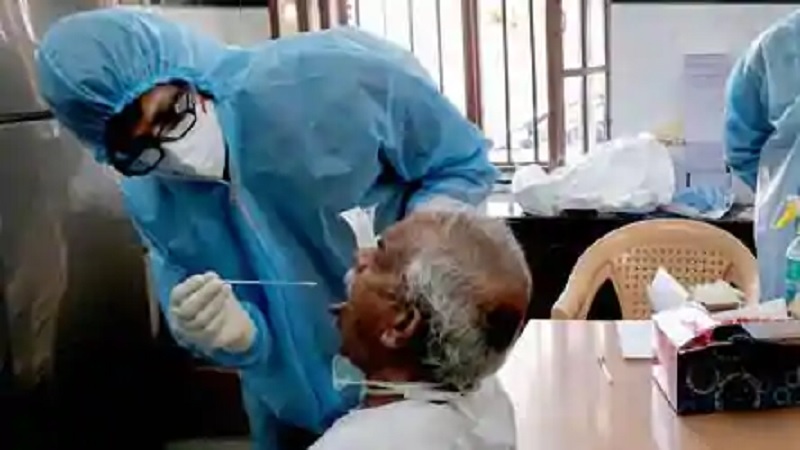 Image Courtesy:hindustantimes.com
Image Courtesy:hindustantimes.com
A Supreme Court bench comprising of Justices Ashok Bhushan and Ravindra Bhat, on April 8, gave an order that has made COVID19 testing free in the country in government and private labs. This judgment is being hailed by all as being a ‘need of the hour’ kind of judgment. With many states in India aiming for more testing now that hotspots are being identified and containment zones created, this judgment was welcomed by all. Initially testing was being done only in government laboratories. Thereafter, private labs were allowed as per Indian Council for Medical Research (ICMR) directions to conduct COVID19 testing, to ensure that there are enough testing centres in the country. These private labs even slashed the prices, bringing their profit margin to zero, to encourage testing and presumably as a goodwill act.
While freebies sound like a good policy in such times of crisis, there is a lot that goes behind making them possible. Many are viewing this judgment as one that is going to lead to decline in testing. Here’s how.
As per Kiran Mazumdar Shaw of Biocon, private testing was brought in to ramp up testing and this judgment, although humanitarian in intent, is impractical in implementation as it would mean expecting private labs to run their business on credit.
Coming back to the SC order which comes from a Public Interest Litigation (PIL) filed by Shashank Deo Sudhi, who challenged the ICMR directive to fix the cost of COVID19 testing in private labs at Rs. 4,500. Another important part of this order is that the bench left the question of whether “the private Laboratories carrying free of cost COVID-19 tests are entitled for any reimbursement of expenses incurred” will be decided “later on”. Ideally, this is an aspect that should have been decided along with the decision of making testing free. The rate at which people are testing positive for COVID19 in the country, is a result of increasing testing rates, which is the need of the hour. Making testing free has the potential of discouraging private players from providing testing centres as they are not assured whether these expenses will be compensated for by the government in the near future. Amidst such uncertainty, it is unfair to expect private labs running for profit, to incur extra expenses and also ensure that their employees get timely remunerations.
When a similar directive had come from ICMR Around March 17, when it was about to allow private labs to conduct COVID19 testing, the private players were not satisfied. They were not willing to conduct the tests for free. Hence, a March 21 notification of ICMR stated that they encourage free of subsidized testing. The Supreme Court directive, although interim, has come without a warning and one can only wait to see how private players will react and what the government’s response in court will be.
The court is expecting response from the government in form of affidavit within two weeks.
The interim order may be read here.
Related: